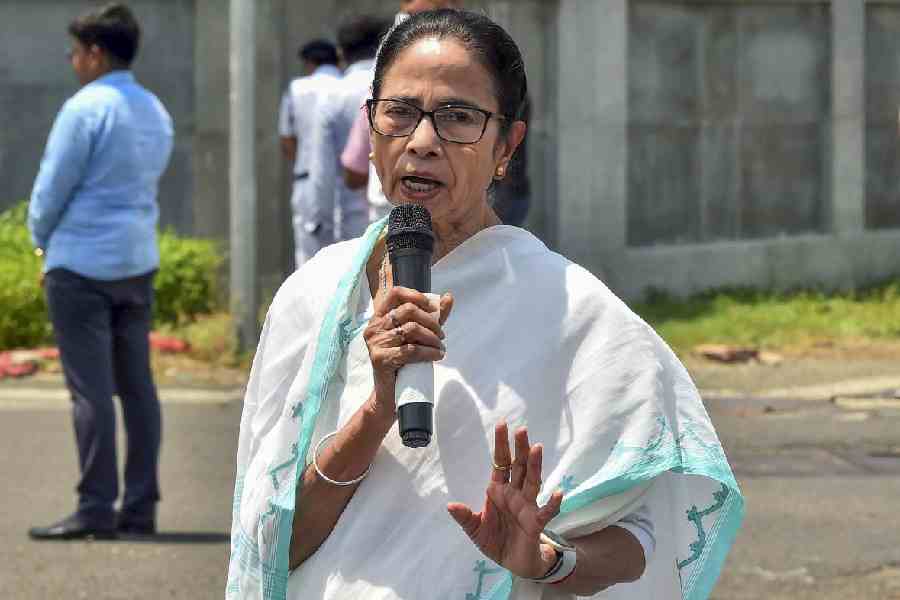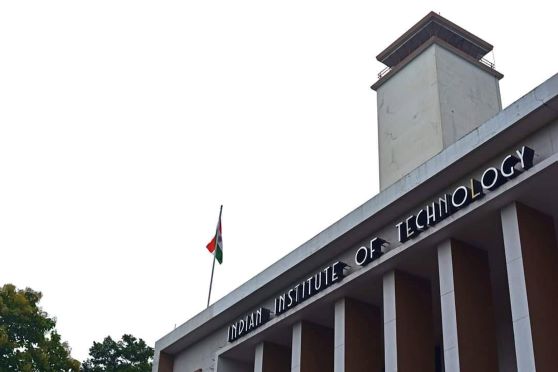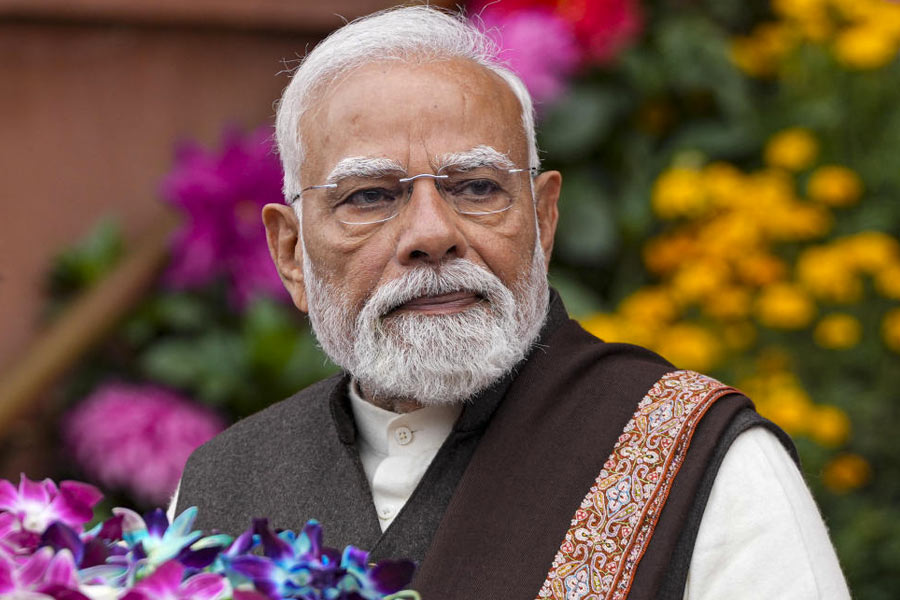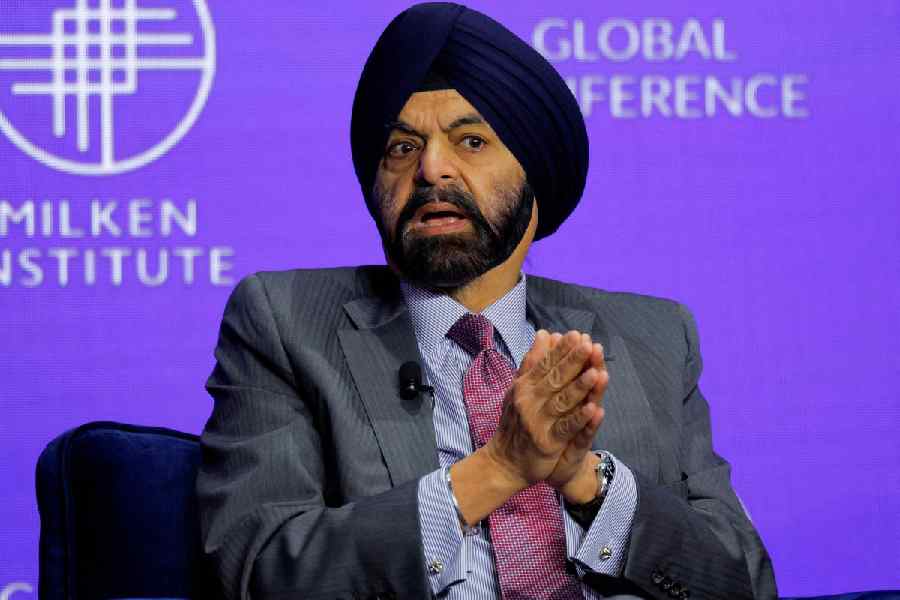Several companies are considering approaching the courts against the Bengal government’s decision to revoke financial incentives promised to industry over the past three decades.
The Revocation of the West Bengal Incentive Schemes and Obligations in the Nature of Grants & Incentives Act, 2025, passed by the Assembly in March and cleared by the governor, says no incentives pending since the government began offering such sops in 1993 will be given.
The stated objective of the Act is to make state finances available for various social welfare schemes intended for the disadvantaged and marginalised sections and not to “expend such finances to provide special assistance, financial incentives, state support, benefits, concessions or special privileges at the cost of the marginalised”.
The government has said the policy change was necessary in the “larger public interest”, underlining that the incentives entailed significant and prolonged
financial expenditure.
“It has been observed that the positive impact of these incentives has been largely confined to a limited number of beneficiaries and has had a minimal effect on the broader process of industrialisation,” the bill had said.
At least two companies have said they found out about the Revocation Act only last week. Dalmia Bharat, which operates a cement plant in Salboni, West Midnapore, said the company came to know about the notification of the Act on June 5 from its lawyers.
“The company is examining the Revocation Act and considering all legal options, including challenging the legal validity and retrospective applicability of the Revocation Act,” it said in a regulatory filing.
Another cement manufacturer, Birla Corporation Ltd, said it was informed about the government’s decision on June 6 by its lawyers and was considering all legal options, including whether the Act could have retrospective applicability.
Sources said more companies were looking at legal options although court cases can be long-drawn affairs.
“The law has to be challenged from the retrospectivity point of view as settled principles of law such as promissory estoppel and legitimate expectations are being denied. The state is clearly going back on promises based on which many industries had set up business,” Arvind Baheti, executive director of tax, regulatory and employment practices at Khaitan & Co LLP, told The Telegraph.
Promissory estoppel is a legal principle that prevents a party from breaking a promise if the other party has relied on that pledge to its detriment.
Industry sources, who did not wish to be named because of the sensitive nature of the matter, argued that to say that incentives lead to the concentration of wealth in the hands of a select few was a skewed perspective. “Industry creates employment opportunities and contributes to economic development. If this is not so, why are so many other states giving incentives?” a source said.
Sweeping power
According to an RTI answer, the 2013 incentive scheme alone had 75-odd recipients. The Act has revoked 10 incentive schemes, all the way back to 1993 when Jyoti Basu was chief minister.
Financial assistance promised under contracts, a matter outside the purview of any of the 10 incentive schemes, will also be overridden by the new Act. On top of that, the state will have the power to recover “excess entitlements” that may have been disbursed to companies.
Sources said the incentives to industry could run into thousands of crores.
Legal sources said the government would get some “breathing space” as court proceedings can go on for years. Many companies have already approached the courts claiming unpaid incentives, with some of the cases pending in the Supreme Court.
Dalmia Bharat and Birla Corporation said Calcutta High Court had given orders in their favour, which had been challenged by the state. Dalmia has a claim of ₹217 crore while BCL says it has unpaid incentives to the tune of ₹55.6 crore.
Tricky finances
The Act comes at a time when the state’s finances are in a rut, with outstanding debts as a percentage of the gross state domestic product expected to be 38 per cent at the end of financial year 2025-26.
The state has promised to spend ₹158,879 crore on social services this fiscal. With the Assembly elections less than a year away, there is every possibility that allocations for some flagship schemes could be increased.
Besides, the state will have to find the resources to pay dearness allowance dues of ₹11,000 crore to its employees soon.










